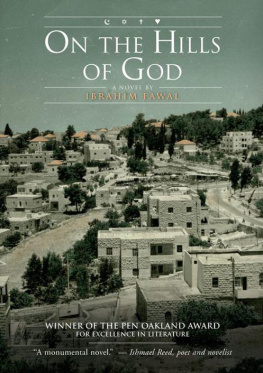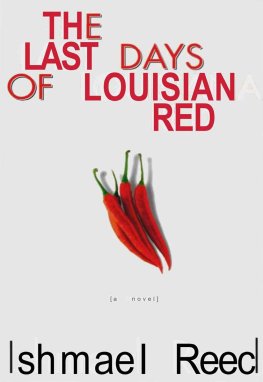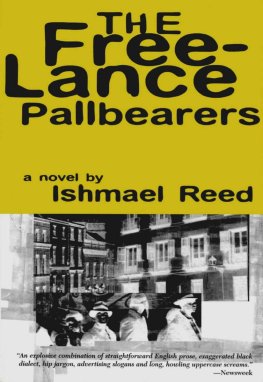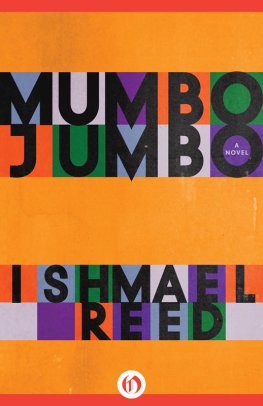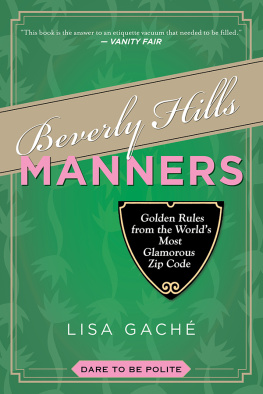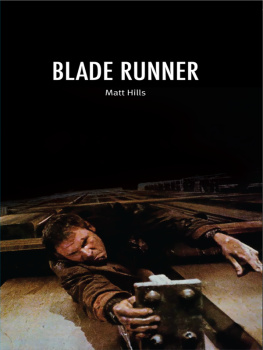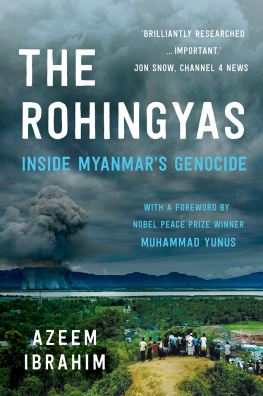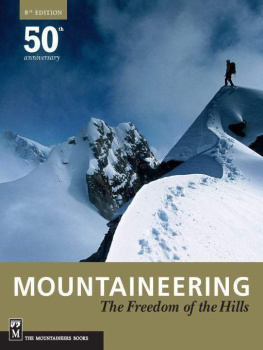Ibrahim Fawal - On the Hills of God
Here you can read online Ibrahim Fawal - On the Hills of God full text of the book (entire story) in english for free. Download pdf and epub, get meaning, cover and reviews about this ebook. year: 2006, publisher: NewSouth, genre: Detective and thriller. Description of the work, (preface) as well as reviews are available. Best literature library LitArk.com created for fans of good reading and offers a wide selection of genres:
Romance novel
Science fiction
Adventure
Detective
Science
History
Home and family
Prose
Art
Politics
Computer
Non-fiction
Religion
Business
Children
Humor
Choose a favorite category and find really read worthwhile books. Enjoy immersion in the world of imagination, feel the emotions of the characters or learn something new for yourself, make an fascinating discovery.
- Book:On the Hills of God
- Author:
- Publisher:NewSouth
- Genre:
- Year:2006
- Rating:4 / 5
- Favourites:Add to favourites
- Your mark:
- 80
- 1
- 2
- 3
- 4
- 5
On the Hills of God: summary, description and annotation
We offer to read an annotation, description, summary or preface (depends on what the author of the book "On the Hills of God" wrote himself). If you haven't found the necessary information about the book — write in the comments, we will try to find it.
On the Hills of God — read online for free the complete book (whole text) full work
Below is the text of the book, divided by pages. System saving the place of the last page read, allows you to conveniently read the book "On the Hills of God" online for free, without having to search again every time where you left off. Put a bookmark, and you can go to the page where you finished reading at any time.
Font size:
Interval:
Bookmark:
On the Hills of God
A novel
Ibrahim Fawal
NewSouth Books
Montgomery | Louisville
NewSouth Books
P.O. Box 1588
Montgomery, AL 36102
Copyright 1998, 2002, 2006 by Ibrahim Fawal. Foreword copyright 2006 by Robin C. Ostle. All rights reserved under International and Pan-American Copyright Conventions. Published in the United States by NewSouth Books, a division of NewSouth, Inc., Montgomery, Alabama.
ISBN-13: 978-1-58838-204-7
eBook ISBN: 978-1-60306-075-2
LCCN: 2004300490
Visit www.newsouthbooks.com
To Rose
Robin Ostle
This novel is a rare work of literature. Other Palestinian authors of the highest quality, such as Ghassan Kanafani or Emile Habiby, have written novels in Arabic which have been translated into English, but for the most part these books have remained locked within the specialized circles of Arabists and Middle Eastern scholars. On the Hills of God belongs to that small number of creative works written in English by an Arab author, in this case by a Palestinian American who has lived in his adopted country since 1951, yet who has never ceased to be haunted by his childhood and adolescence in Ramallah and by the unending cycle of injustice which has been the lot of the Palestinian people throughout the second half of the past century.
The pages of On the Hills of God pulsate with passion, drama, and violence: the love affair of Yousif Safi and Salwa Tawil which triumphs against the powerful odds of social convention in a traditional society; and the killing of Dr. Jamil Safi which is a powerful symbol of the death of the future of Palestine, a future that was full of promise grounded in vision, humanity, and the common cause of Muslim, Christian, and Jew. The culmination of the book is rape, pillage, the slaughter of the innocents, and forced migrationsall the usual and predictable consequences of the exercise of brute force in the place of compassion, reason, and compromise. Interwoven with the fictitious human drama of the novel are the momentous historical events of 194748; the approaching end of the British Mandate, the abortive UN Partition Plan, and the Arab-Israeli war and its aftermath which is still with us.
But beyond the compelling pace and gripping tension of the plot, this is a novel with special ingredients made up of the rich texture of the vital details of the necessities and rituals of daily life: the food that accompanied family and festive occasions is described with minute and loving precision, emphasizing the connectedness of a Palestinian people with their land of milk and honey which they nurtured, as it nurtured them. Through such constant and daily rituals, families exressed the love they felt for those closest to them, and the affection and respect which they showed to friends, acquaintances, and guests. The three friends, Yousif, Amin and Isaacthe Christian, Muslim and Jewshare a delicious breakfast prepared by Isaacs mother Sarah, while all are so horribly aware that the love which bound together their families and their community could so easily be split asunder. On this occasion they share a powerful foreboding of the final meal, after which things will never be the same again. The hills, the countryside, the vegetation, the fruit and produce of the land, have presences on these pages as vital as those of the human characters. The very soul of this land and community of mixed faiths was expressed most eloquently and movingly by the blind musician Jamal, who had been persuaded to teach Isaac to play the oud.
On the Hills of God is a testimony, at once moving and shocking, to the essential fragility of relationships, both individual and communal. The Palestine that was destroyed in 1948 was a rich and delicate human fabric which has been built up over many generations. Muslim, Christian, and Jew shared a common languageArabicand a common culture, and they shared the land. That delicate fabric was destroyed rapidly and brutally, creating a massive injustice, the roots of which lay in Europe and had nothing to do with the Holy Land. On the Hills of God is a re-creation in literature of the human beings that were Palestine before 1948, most of whom now live under occupation or are scattered in yet another of the twentieth centurys diasporas.
St. Johns College fellow Robin C. Ostle is University Lecturer in Modern Arabic at Oxford and a member of the staff of the Oriental Institute.
In Palestines last summer of happiness, seventeen-year-old Yousif Safi was awakened by the familiar voice of the muezzin calling man to prayer. It was not six oclock yet and he lay warm and comfortable in his bed, but the moment he opened his eyes he was fully awake. He could hear the chirping and twittering of his birds in the aviary in the next room. On this day early in June 1947, the new house was to get its roof. His parents and relatives and all their friends had been waiting for this occasion. He could hear the workers gearing up for the mixing and pouring of concrete on top of the house. The iron grid, which would hold the roof together, had been fastened atop the nearly finished villa a week or two earlier.
He stretched in bed thinking of the ten years his parents had spent waiting to build such a house. Thank God it was nearly finished. He admired them for their foresight and determination. They had divided and landscaped the whole mountaintop long ago. Trees needed years to grow and his parents had wanted the house and gardens to be ready at the same time. And while the trees were growing, they were saving the money to build their villa. Not satisfied with a good income from his medical practice, his enterprising father had invested wisely over the years, buying and selling real estate at a good profit.
Luck must have been with Dr. Jamil Safi. Young as Yousif was, he could tell that scheming and making money were against his fathers natural instincts. What did interest the doctor was building things and making them grow. It was he who had thought of developing the only real estate agency in Ardallah. It was he who had invested in the first cinema. It was he who had advised the Chamber of Commerce to send men on a public relations tour of the surrounding Arab countries to promote Ardallah as a summer resort. It was he who had conceived the idea that Ardallah needed a hospital and had started raising money for it. No wonder, Yousif thought, the townspeople had wanted his father to be their mayor.
In every municipal council election he had entered, Dr. Safi had always come out on top. The British, who effectively ruled Palestine and with whom he was on relatively good terms, had offered him the position of mayor several times. But the doctor had always declined, satisfied with being just a council member. After all, the major decisions for the city were subject to approval of the British authorities, and they consulted him on important issues such as zoning and opening new roads. Anyway, from the doctors point of view, who needed a job of worrying about paying garbage collectors and inspectors and a dozen or so policemen, or threatening with legal action people who were delinquent in paying their local taxes, or issuing building permits, or listening to citizens complaints about the need for light posts on dark street corners? No, the doctor felt he had better things to do than be a bureaucrat, no matter how exalted. And now, in the summer of 1947, Yousifs parents were realizing their dream of building their own villa and Yousif, their only son, was happy for them.
Yousif shaved, took a quick shower, and stood by the window tucking in his shirt. It was a beautiful morning, without a cloud to mar the blue summer sky. He could see the maid, Fatima, spreading white tablecloths on the fifteen long tables that had been set under the trees the night before. Fatimas husband and two teenage sons were bringing in dozens of chairs borrowed from relatives and friends or rented from cafes. Two or three workers were picking up odd pieces of wood or scrap metal off the ground. Others were inside the house, hammering at the scaffolding.
Font size:
Interval:
Bookmark:
Similar books «On the Hills of God»
Look at similar books to On the Hills of God. We have selected literature similar in name and meaning in the hope of providing readers with more options to find new, interesting, not yet read works.
Discussion, reviews of the book On the Hills of God and just readers' own opinions. Leave your comments, write what you think about the work, its meaning or the main characters. Specify what exactly you liked and what you didn't like, and why you think so.

